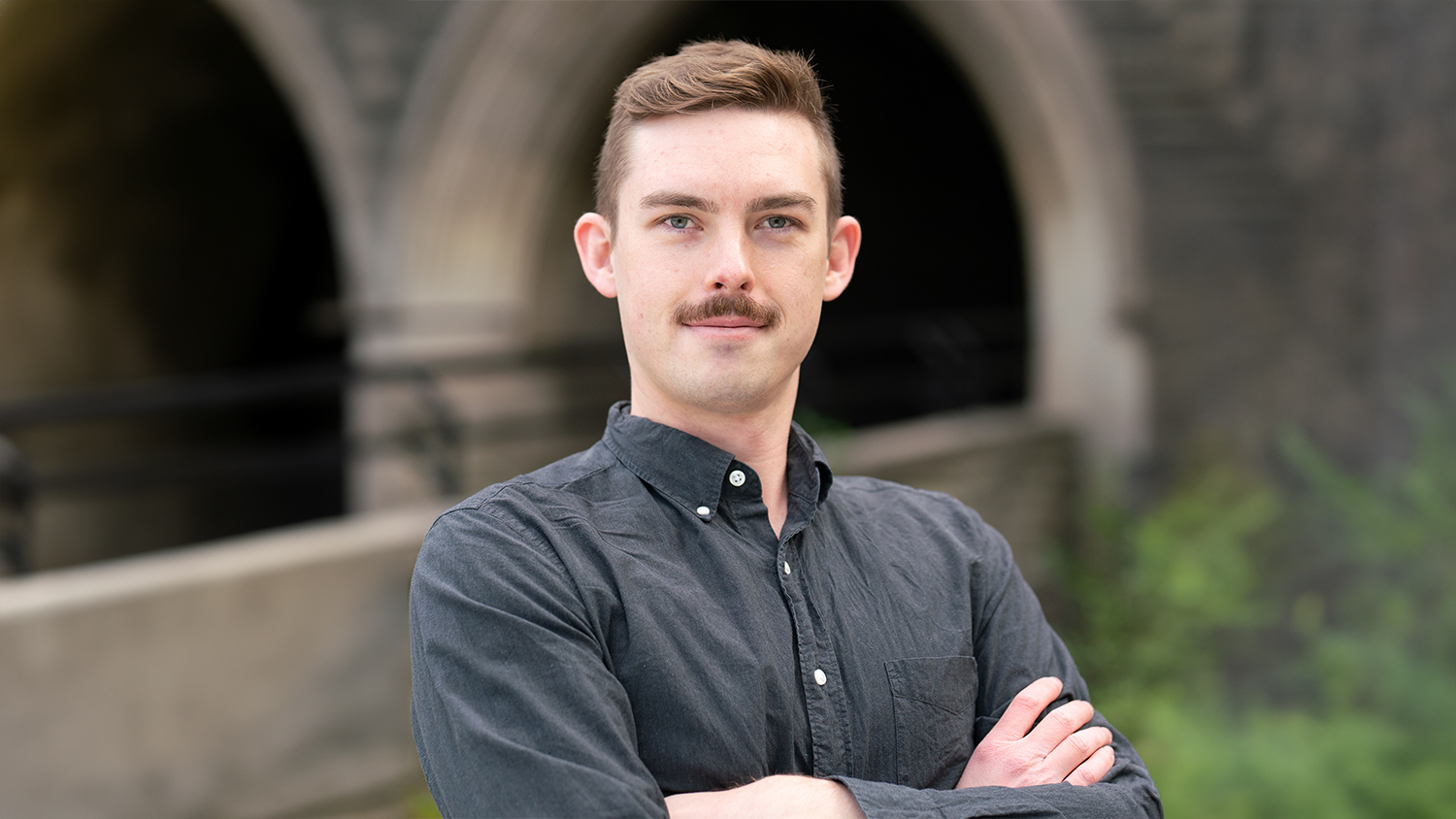Ismail Güvenç, professor in the Department of Electrical and Computer Engineering, and Milad Abolhasani, associate professor in the Department of Chemical and Biomolecular Engineering, have been honored for their research work by NC State’s College of Engineering with Alcoa Foundation Awards.
Güvenç received the Distinguished Engineering Research Award, which is given to a senior faculty member for research achievements made over a period of at least five years at NC State, while Abolhasani received the Engineering Research Achievement Award, which recognizes young faculty members for significant research contributions during the preceding three years.
The awards were given during the College’s 2023 spring faculty meeting, held on April 13.

Güvenç was honored for his research contributions in contemporary 5G and Next-G communication technologies using statistical signal processing, communication theory, optimization theory and wireless testbeds.
Since joining NC State in 2016, Güvenç has built a large, well-funded and productive research group, working on wireless localization, ultra-wideband systems and heterogeneous wireless networks. His research has also significantly expanded into unmanned aerial vehicle networks and millimeter wave systems.
He has served as the PI and co-PI for National Science Foundation-funded research projects. This includes a 2019 project under the Platform for Advanced Wireless Research (PAWR) program called AERPAW that is establishing a next-generation, city-sale wireless networking with drones as a key theme. Güvenç has also been leading the NC State NSF Broadband Wireless Access & Applications (BWAC) Industry/University Cooperative Research Center, where he and his co-PIs have brought in more than $700K of industrial research funding. This resulted in numerous core research projects being funded by BWAC in close collaboration with its industrial partners.
Overall, Güvenç has supported research efforts by bringing in more than $9 million to the university. In addition to the NSF, he has received funding from NASA, Idaho National Labs and industry partners. To further expand NC State’s funding opportunities, he established the university’s membership to the National Spectrum Consortium (NSC), a government, industry and university consortium focused on the strategic use of the electromagnetic spectrum.
Over the last five years, Güvenç has received several awards. His work is highly cited, with over 19,000 citations and an h-index of 63. He was elected Fellow of the Institute of Electrical and Electronics Engineers, received the NC State University Faculty Scholar award, won the ECE R. Ray Bennett Faculty Fellow award and was elected to Senior Membership to the National Academy of Inventors.

Abolhasani was recognized for his research contributions in the development of the self-driving fluidic laboratory for accelerated discovery and manufacturing of advanced functional materials and molecules.
Since joining NC State in 2016, Abolhasani has made significant impacts in the smart manufacturing of nanomaterials, autonomous catalysis for green manufacturing of chemicals and data-driven microreaction engineering using closed-loop robotic experimentation. His overarching research vision for converging flow chemistry and chemical synthesis with machine learning (ML) and artificial intelligence (AI) promises to significantly impact the way new materials and molecules are discovered for next-generation energy and chemical technologies.
One of Abolhasani’s key accomplishments is that of the Artificial Chemist, a fluidic robot with an AI brain that can significantly accelerate the discovery and manufacturing of new semiconductor nanomaterials for applications in printed photonic devices, displays and solar cells. Abolhasani and his team have demonstrated that their self-driving fluidic lab was able to discover a novel synthetic route for facile and scalable bandgap tuning of metal halide perovskite nanocrystals, a high-priority material for clean energy technologies, 1000 times faster than conventional materials-discovery techniques.
Since 2020, he has raised $7M in external R&D funding from federal funding agencies as well as from Global and Fortune 500 Companies. This funding has supported 14 research projects, with Abolhasani serving as a lead PI on 12 projects and as a co-PI on two projects. Abolhasani has won numerous awards and accolades over the past three years, including the American Institute of Chemical Engineers Nanoscale Science & Engineering Forum Young Investigator Award, the Dreyfus Foundation Award for Machine Learning in Chemical Sciences & Engineering and the Goodnight Early Career Innovator Award. He is also highly recognized with over 2,000 citations and an H-index of 27.
- Categories:



